Seminar on “Is good news really bad news? Event study with correlated market and non-market signals in an asset pricing model”
Abstract of the Talk: How informed are Foreign Institutional Investors (FIIs) in Indian financial markets? They build a model of imperfect competition in a financial market, in which market makers have up to two public signals on which to define their pricing rule – firms’ earnings announcements and FII trading signals. They defined the payoff structure with a sum of correlated components, one known to firms, and the other, to FIIs. They estimated the deep parameters of the model such as the variance governing the FIIs’ informational advantage, the level of background noise, and the correlation between the two components of the payoff. So instead of treating multicollinearity as a problem to be resolved using more orthogonal instruments, or a better selection of regressors, They explained it using an underlying model of financial market equilibrium, and identified deep parameters that are unobservable but have economic significance.
Their results indicated the information advantage of FIIs with respect to the component they have information about, exceeds the information advantage that firms have with respect to information released via earnings announcements. They also found that correlation between the two fundamental information components was significantly positive, so that in econometric work they should consider such an environment, even beyond any correlation arising from imperfect measurement. A methodological contribution was showed how the underlying model of equilibrium allows them to learn more from the event study based on earnings announcements.



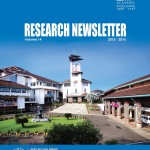
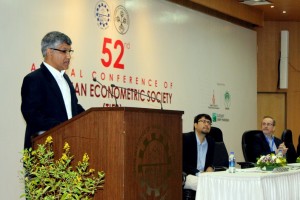
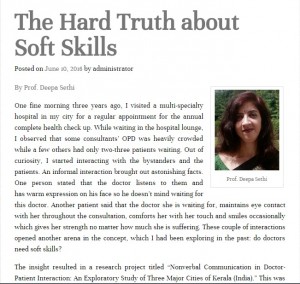
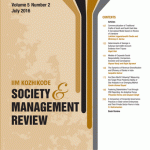


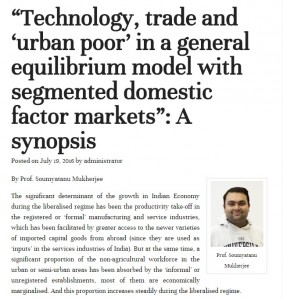
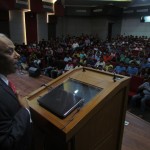





 Users Today : 921
Users Today : 921 Users Yesterday : 919
Users Yesterday : 919 This Month : 17194
This Month : 17194 This Year : 17194
This Year : 17194 Total Users : 575438
Total Users : 575438 Who's Online : 5
Who's Online : 5